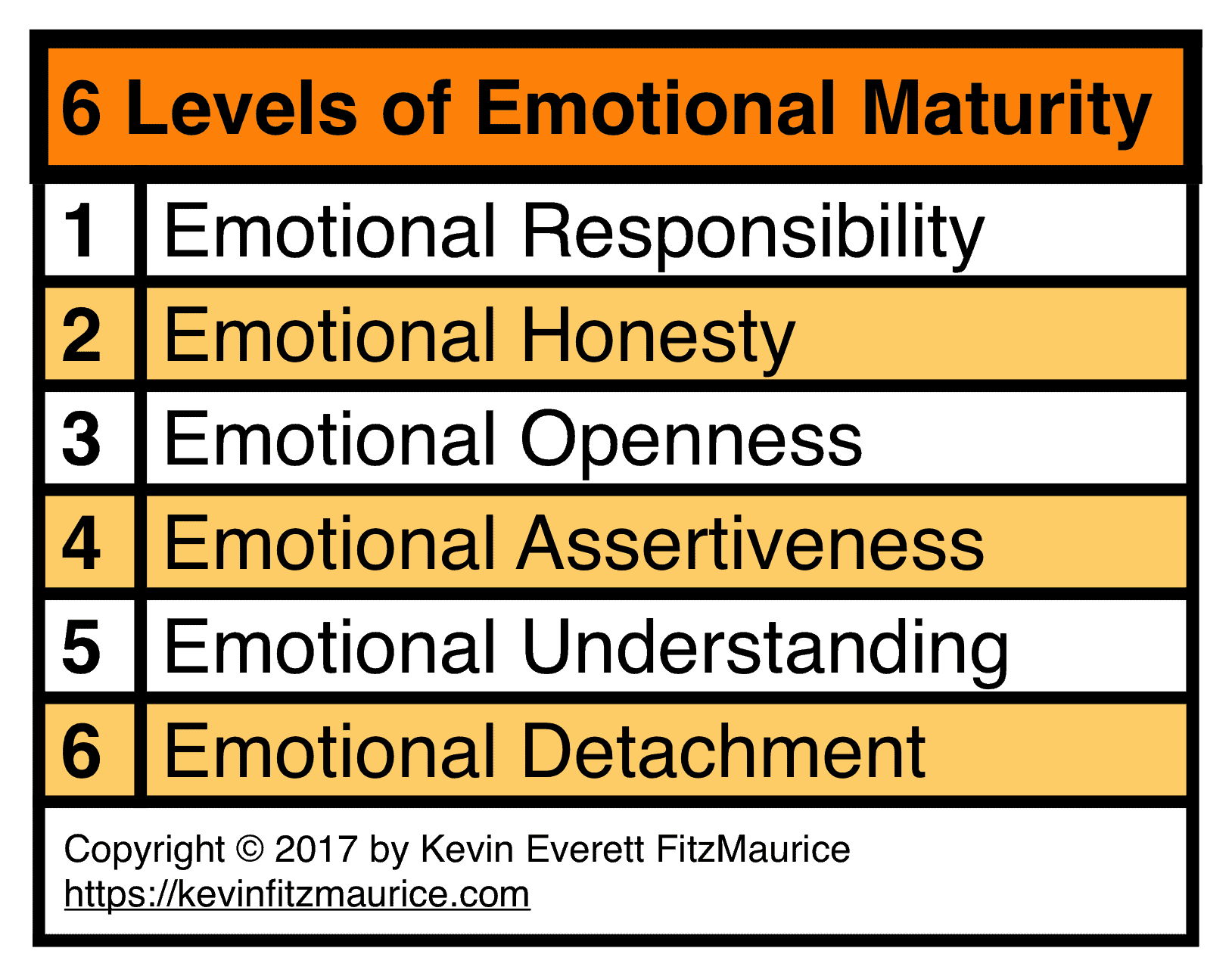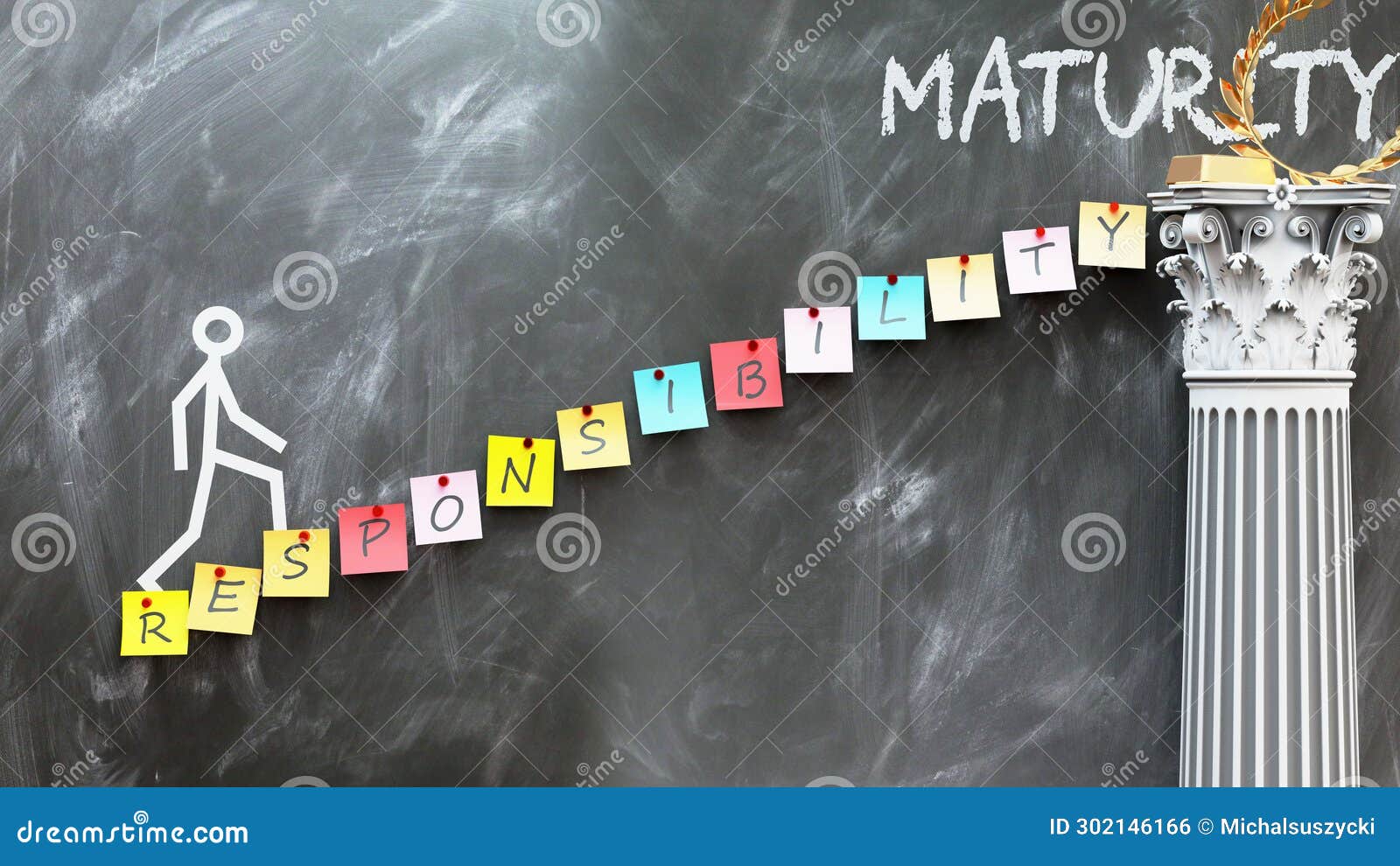Alright, let's dive straight into it—being an adult is more than just turning 18 or getting that shiny ID card. It’s about stepping into a world where you’re no longer just a kid riding life’s rollercoaster but the one driving the cart. Adult 18 is all about understanding maturity and responsibility. And trust me, it’s not all about paying bills and grocery shopping (well, okay, maybe a little bit). But there’s so much more to it than what meets the eye. So, buckle up, because we’re about to break it down in a way that’s real, raw, and relatable.
Now, if you’ve ever found yourself Googling “what does it really mean to be an adult?” or “how do I know if I’m mature enough?”, you’re not alone. It’s a question that almost every 18-year-old has wrestled with at some point. And honestly, it’s okay to feel overwhelmed. The transition from being a teenager to becoming an adult is one wild ride. But hey, that’s why we’re here—to guide you through the chaos and make sense of it all.
So, whether you’re about to hit that magical milestone of turning 18 or you’re already in the trenches trying to figure out this whole “adulting” thing, this article’s got your back. We’ll cover everything from what maturity really means to how responsibility ties into the whole equation. And don’t worry, we’ll keep it real, fun, and packed with actionable tips. Let’s get started!
Read also:Michael Galeotti Life Career And Legacy Of A Versatile Artist
Table of Contents
- What Is Adulthood?
- Biological vs Psychological Adulthood
- Key Characteristics of Adult 18
- Understanding Maturity
- Responsibility: The Other Side of the Coin
- Common Challenges for Adult 18
- Building Resilience
- Practical Tips for Adulting
- Embracing Change
- Final Thoughts
What Is Adulthood?
Let’s kick things off with the basics. What exactly does it mean to be an adult? Sure, turning 18 might legally classify you as one, but adulthood goes way beyond that. It’s a journey, not a destination. Adulthood is about taking ownership of your life, making choices that align with your values, and owning up to the consequences of those choices. It’s about stepping into a phase where you’re no longer just reacting to life but actively shaping it.
And here’s the kicker—it’s not all sunshine and rainbows. Being an adult means dealing with tough stuff like finances, relationships, and career decisions. But it’s also about finding joy in the little things, celebrating your wins, and learning from your mistakes. In short, adulthood is about balance. You’ve got to balance responsibility with fun, hard work with rest, and independence with connection.
Legal vs Emotional Adulthood
One important distinction to make is the difference between legal and emotional adulthood. Legally, you might be considered an adult at 18, but emotionally, maturity can take years to develop. Some people hit their stride in their early 20s, while others might still be figuring things out in their 30s. And that’s totally okay. The key is to focus on growth, not comparison.
Biological vs Psychological Adulthood
Now, let’s talk science for a sec. Biologically, adulthood typically starts when your body finishes developing, usually around your late teens or early 20s. Your brain, however, continues to develop well into your mid-20s, particularly the prefrontal cortex—the part responsible for decision-making and impulse control.
Psychologically, adulthood is a bit more complex. It’s about developing a sense of identity, understanding your emotions, and building healthy relationships. It’s about learning how to navigate the world with confidence and resilience. And let’s be real, this doesn’t happen overnight. It’s a process that requires patience, practice, and sometimes, a whole lot of trial and error.
Why Does This Matter?
Understanding the difference between biological and psychological adulthood can help you set realistic expectations for yourself. It’s easy to feel like you should have everything figured out by 18, but the truth is, most people don’t. And that’s okay. The important thing is to keep learning, growing, and evolving.
Read also:Intriguing Stars Of Banshee Cast Their Impact On The Iconic Tv Series
Key Characteristics of Adult 18
So, what does it mean to be an Adult 18? Here are some key characteristics to look out for:
- Independence: You start taking responsibility for your own life, whether it’s managing your finances, making decisions about your education, or navigating relationships.
- Self-awareness: You begin to understand who you are, what you value, and what you stand for. This includes recognizing your strengths, weaknesses, and areas for growth.
- Resilience: Life is full of ups and downs, and being an adult means learning how to bounce back from setbacks. It’s about developing a mindset that’s focused on solutions, not problems.
- Empathy: As you grow into adulthood, you start to see the world through other people’s eyes. You become more compassionate, understanding, and supportive of those around you.
These characteristics don’t just appear overnight. They’re developed over time through experiences, challenges, and personal growth. And that’s what makes adulthood such an exciting journey.
Understanding Maturity
Maturity is one of those words that gets thrown around a lot, but what does it really mean? At its core, maturity is about emotional intelligence. It’s about being able to regulate your emotions, think critically, and make sound decisions. It’s about understanding that life isn’t always fair, but that doesn’t mean you give up.
And here’s the thing—maturity isn’t about being perfect. It’s about being willing to learn from your mistakes and grow from them. It’s about being humble enough to admit when you’re wrong and courageous enough to make things right. It’s about showing up for yourself and others, even when it’s hard.
Signs of Emotional Maturity
Here are a few signs that you’re on the path to emotional maturity:
- You take responsibility for your actions and don’t blame others for your mistakes.
- You can handle criticism without getting defensive or shutting down.
- You’re able to listen to others without interrupting or dismissing their feelings.
- You prioritize long-term goals over short-term gratification.
Again, these aren’t things that happen overnight. They’re skills that take time and practice to develop. But the good news is, the more you practice, the easier it gets.
Responsibility: The Other Side of the Coin
Now, let’s talk about responsibility. Responsibility is the flip side of maturity. It’s about owning up to your obligations, whether it’s paying your rent, showing up for work, or being there for your friends and family. It’s about recognizing that your actions have consequences and being willing to take accountability for them.
But responsibility isn’t just about doing what you’re supposed to do. It’s also about doing what’s right, even when no one’s watching. It’s about being a person of integrity, someone who others can count on. And let’s be real, that’s not always easy. But it’s worth it. Because when you take responsibility for your life, you gain a sense of control and agency that’s hard to match.
How to Develop Responsibility
Here are a few tips for developing responsibility:
- Start small. Take on one responsibility at a time and build from there.
- Set clear goals and deadlines for yourself. This will help you stay organized and focused.
- Seek feedback from others. Ask for input on how you’re doing and use it to improve.
- Be consistent. Responsibility isn’t about doing the right thing once—it’s about doing it consistently, even when it’s hard.
Responsibility is a muscle, and like any muscle, it gets stronger with practice. So, don’t get discouraged if you stumble along the way. Just keep showing up and doing the work.
Common Challenges for Adult 18
Let’s be real—being an Adult 18 comes with its fair share of challenges. From figuring out your career path to managing your finances, there’s a lot to navigate. Here are some common challenges that many 18-year-olds face:
- Financial independence: Learning how to budget, save, and invest can be overwhelming, especially when you’re just starting out.
- Education and career: Deciding what to study or what career to pursue can feel like a huge decision, and the pressure to get it right can be intense.
- Relationships: Navigating friendships, family dynamics, and romantic relationships can be tricky, especially when you’re trying to figure out who you are.
- Mental health: The transition to adulthood can be stressful, and it’s important to prioritize your mental well-being.
But here’s the thing—these challenges are all part of the journey. They’re opportunities to learn, grow, and become the best version of yourself.
How to Overcome These Challenges
Here are a few strategies for overcoming common challenges:
- Seek support from friends, family, or mentors who’ve been through similar experiences.
- Break big goals into smaller, manageable steps. This will help you stay focused and avoid feeling overwhelmed.
- Practice self-care. Whether it’s exercising, meditating, or journaling, find activities that help you recharge and stay grounded.
- Stay curious. Keep learning, exploring, and experimenting. The more you know, the better equipped you’ll be to handle life’s challenges.
Building Resilience
Resilience is the ability to bounce back from setbacks, and it’s a crucial skill for any Adult 18. Life is full of ups and downs, and resilience is what helps you navigate them with grace and strength. It’s about learning how to adapt, pivot, and keep moving forward, even when things don’t go as planned.
Building resilience takes time, but it’s definitely possible. Here are a few tips to get you started:
- Develop a growth mindset. Instead of seeing failures as the end of the world, view them as opportunities to learn and grow.
- Practice gratitude. Focusing on the positive aspects of your life can help you stay grounded during tough times.
- Build a strong support system. Surround yourself with people who uplift and encourage you.
- Take care of your physical health. Exercise, eat well, and get enough sleep. Your body and mind are connected, so taking care of one benefits the other.
Resilience isn’t about never feeling pain or hardship. It’s about learning how to navigate those feelings and come out stronger on the other side.
Practical Tips for Adulting
Alright, let’s get practical. Here are a few actionable tips for navigating life as an Adult 18:
- Learn to cook: Knowing how to cook basic meals can save you time, money, and a lot of takeout bills.
- Start saving: Even if it’s just a small amount each month, start building an emergency fund. Trust me, you’ll thank yourself later.
- Stay organized: Use calendars, to-do lists, or apps to keep track of important tasks and deadlines.
- Network: Attend events, join clubs, or connect with people in your field of interest. Building relationships can open up doors you never knew existed.
These tips might seem small, but they can make a big difference in your day-to-day life. And remember, adulting is all about progress, not perfection.
Embracing


